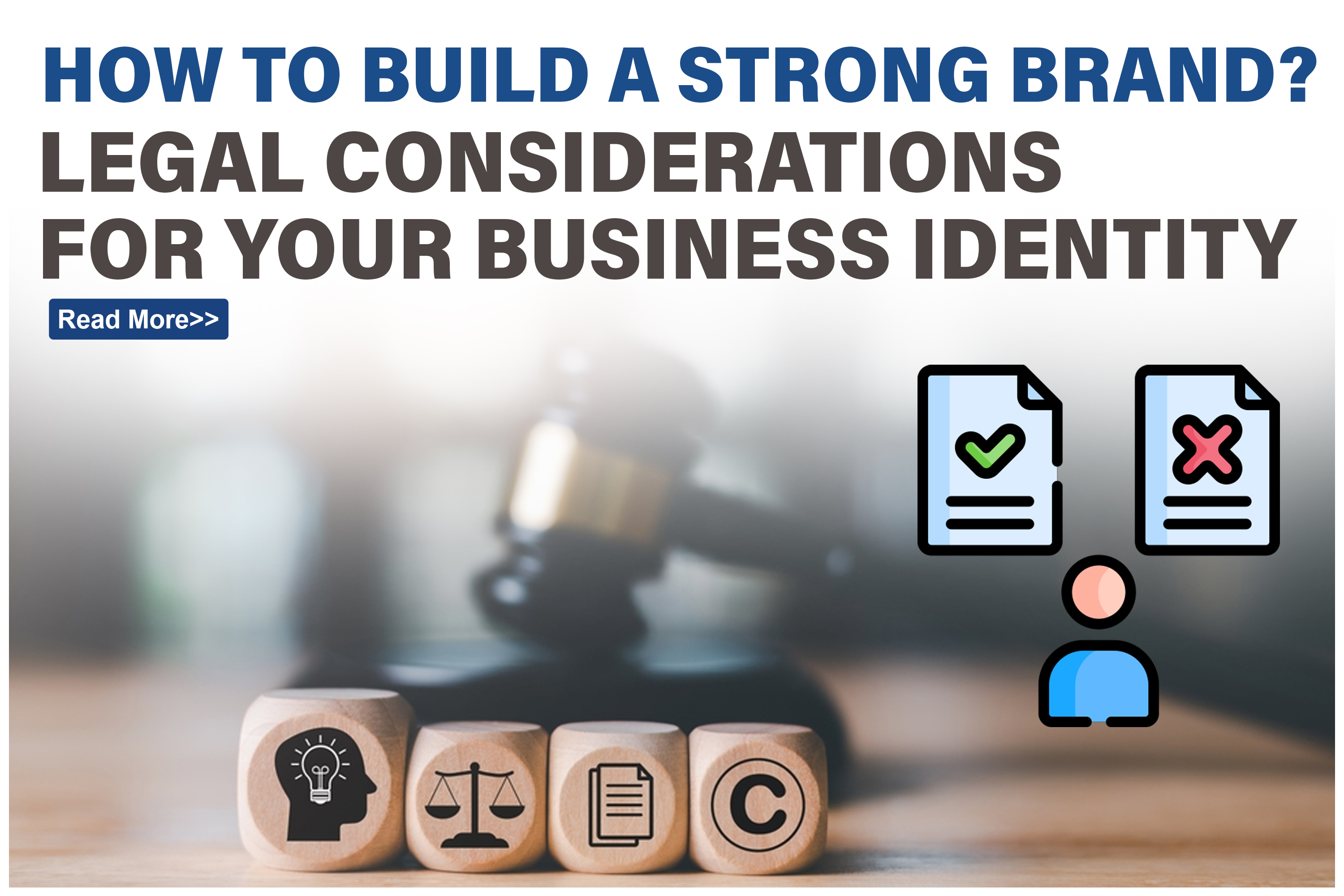Divorce Lawyers in Melbourne Australia – Complete Guide for Couple
Jan 31, 2026

Bansal Lawyers: Your Trusted Legal Advisors and Best Immigration Lawyer in Melbourne
A business structure determines how your business operates, who makes key decisions, how profits and losses are distributed, and what your legal obligations are. It can also affect taxes and personal liability. As your business grows or if your circumstances change, you can choose to change your business structure to better meet your evolving needs.
Selecting the right business structure is a crucial decision that can impact your day-to-day operations, tax obligations, legal responsibilities, and potential for growth. Below are the essential factors to keep in mind:
Ask yourself: Who will make the critical decisions about running the business?
In a sole trader setup, you are the sole decision-maker, giving you complete control.
In a partnership, decisions are shared and typically outlined in a partnership agreement.
In a company, decisions are made by directors or a board, often with input from shareholders.
Different structures are taxed in different ways.
Sole traders and partnerships are taxed at individual tax rates, which may not be ideal for higher profits.
Companies are taxed at a flat corporate rate, which can offer benefits in higher-income situations and allows for tax planning strategies.
As a sole trader, you retain all profits—but also bear all losses personally.
In a partnership, profits and losses are split as agreed, which can influence your personal tax and financial liability.
Companies distribute profits through dividends, and shareholders only receive what’s declared.
Each structure carries different levels of legal complexity and regulatory burden.
Sole traders face minimal paperwork and reporting.
Partnerships require a legal agreement and shared accountability.
Companies must comply with ASIC regulations, maintain financial records, lodge annual returns, and more.
A sole trader is the most straightforward structure and suits individuals starting a small business.
Description: You run the business on your own, under your own name or a registered business name.
Benefits:
Low setup and administrative costs.
Full control over operations and profits.
Simple tax reporting using your personal tax return.
Challenges:
Unlimited personal liability — your assets are at risk if the business incurs debt.
Limited ability to raise capital or attract investors.
Business continuity may suffer if the sole trader becomes incapacitated.
A partnership allows two or more people to operate a business together under a formal or informal agreement.
Description: Partners share control, profits, responsibilities, and liabilities.
Benefits:
Easy and affordable to establish.
Shared financial and operational responsibilities.
Can benefit from a diverse range of skills and resources.
Challenges:
Joint and several liability — all partners are responsible for business debts.
Conflicts may arise if the partnership agreement isn’t clear.
Raising funds can still be difficult compared to a company structure.
A company is a separate legal entity from its owners, offering more protection and credibility.
Description: It can enter into contracts, own property, sue, and be sued independently of its shareholders.
Benefits:
Limited liability for shareholders — personal assets are generally protected.
Easier to attract investors, raise capital, and expand operations.
More credibility and ability to enter into large-scale contracts.
Challenges:
Higher startup and ongoing compliance costs.
More complex administrative and financial reporting.
Directors must meet strict legal responsibilities and obligations under the Corporations Act 2001.
| Features | Sole Trader | Partnership | Company |
|---|---|---|---|
| Simple business structure | Yes | No | No |
| Low initial set-up fees | Yes ($33) | No ($359.90) | No ($444) |
| Can hire staff | Yes | Yes | Yes |
| Easy to attract capital | No | No | Yes |
Ultimately, the structure you choose should align with your business goals and the level of risk you are willing to take on. At Bansal Lawyers, we are here to help you navigate these choices. Contact us today for tailored legal advice and support to ensure your business's long-term success.
© 2025 Bansal Lawyers. All rights reserved.
Bansal Lawyers: Best Immigration Lawyer in Melbourne
Last updated: Jul 24, 2025